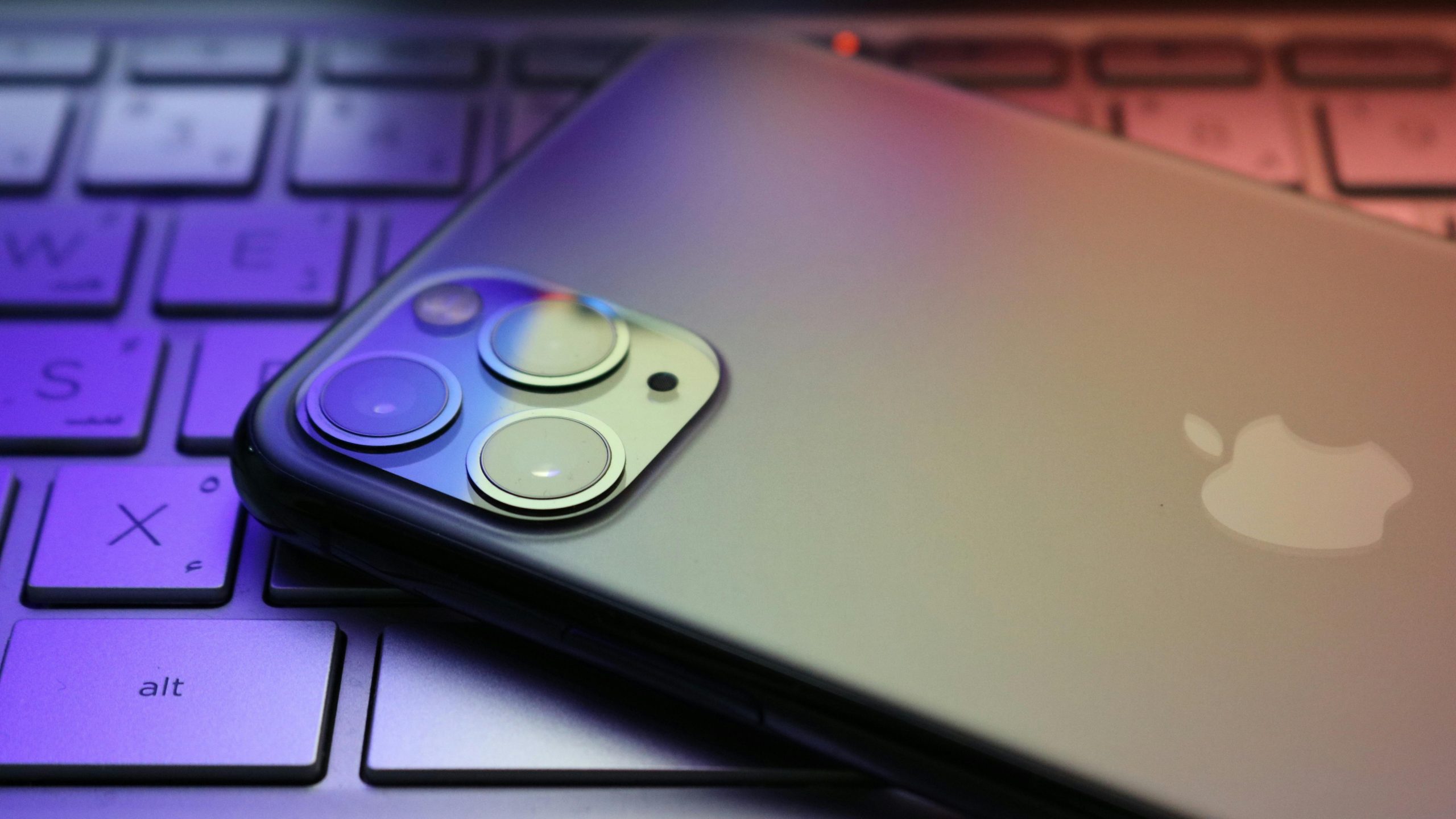Understanding the Risks of Using Third-Party Controller Adapters with Laptops
In today’s gaming culture, seamless gaming experiences are cherished by players worldwide. However, achieving this is sometimes met with unforeseen challenges, especially when third-party accessories and adapters come into play. A Reddit user recently shared their concerns about a wireless controller affecting their laptop’s performance, prompting a broader discussion on how external devices can impact a computer’s hardware, particularly when it comes to adapters and their potential to cause significant damage. In this blog post, we aim to delve deeper into the relationship between third-party controller adapters and laptop hardware, explore the potential risks, and provide guidance on how to mitigate these issues.
The Story at a Glance
Our story begins with a user who purchased a wireless controller for their Lenovo Legion laptop. After some use, the controller’s adapter appeared to interfere with the laptop’s hardware, causing issues like the laptop stalling during restarts and rendering the keyboard, camera, and microphone non-functional. The user initially resolved these problems by removing the adapter and, with the device still under warranty, returned it for a replacement. However, further complications emerged when they suspected the adapter had caused significant motherboard damage to the laptop, leading to further questions about the safety of using third-party adapters.
The Anatomy of a Controller Adapter
To understand the potential risks, one must first grasp the function of controller adapters. Essentially, these devices enable wireless communication between the gaming controller and the computer by translating signals from the gamepad into a format that your PC can process. While it might seem like a simple task, several potential points of failure can emerge depending on the design and quality of the adapter.
Types of Adapter Failures
-
Hardware Incompatibility: Some adapters, particularly those from third-party manufacturers, may not fully comply with the original equipment manufacturer’s (OEM) standards. This disparity can lead to incompatible communication protocols, which might manifest as connectivity issues or malfunctioning hardware.
-
Electrical Faults: Poor quality or defective adapters can cause electrical surges or short circuits, risking damage to the laptop’s USB port or, more critically, its motherboard. While rare, such failures can lead to catastrophic hardware consequences.
-
Driver Conflicts: Even if the adapter is physically sound, software mismatches can occur. These are often due to driver conflicts or outdated firmware that may adversely affect system stability, leading to crashes or device recognition errors.
The Consequences of Adapter Malfunctions
As highlighted in the Reddit user’s experience, adapter malfunctions can have far-reaching implications:
-
Restarts and Freezing: Inconsistent signal transmission or power delivery from a faulty adapter can cause the laptop to freeze or restart perpetually, disrupting workflow and potentially leading to data loss.
-
Peripheral Device Failures: A malfunctioning adapter can interfere with peripheral devices, such as keyboards, webcams, and microphones, by sending false inputs or commands that confuse the system.
-
Motherboard Damage: As the most severe outcome, if electrical faults within the adapter occur, they may damage the laptop’s motherboard. As it’s the central hub for all hardware communication, motherboard failures can render a laptop inoperable.
Practical Steps to Prevent Damage
To minimize risks associated with using third-party adapters, users should take proactive steps:
Choose Reputable Brands
Opt for adapters from well-known manufacturers who have a reliable track record and offer robust customer support. Avoid unbranded or suspiciously cheap options, which are often made without stringent quality controls. Read reviews from other users who have used the product with similar devices to gauge potential hardware compatibility.
Stay Updated
Always keep the adapter’s firmware and related device drivers up to date. This ensures the device continues to function as intended and reduces the risk of encountering known bugs or conflicts.
Monitor System Behavior
After plugging in a new device, watch for any unusual system behavior, such as system freezes or peripheral device errors. If such issues surface, unplug the device immediately and investigate further. Address hardware symptoms early before they become potential threats to the laptop’s integrity.
Use Surge Protectors
In areas with unstable power supply, always use a surge protector or UPS (Uninterruptible Power Supply) for your laptop when using external devices. This can help shield your laptop from unexpected electrical faults introduced by defective adapters.
Dealing with Damage
Should adapter issues arise, here’s what you can do:
-
Diagnose the Problem: Consult with a certified technician to confirm the source of the issue. Ensure they check all related components, including USB ports and peripherals, for signs of damage.
-
Consider Warranty Options: If the laptop or adapter is still under warranty, contact the manufacturer for support and potential replacement. Some companies may offer repairs or exchanges, especially if their product caused the malfunction.
-
Replacement Strategy: If you need to replace your equipment, prioritize replacing only parts confirmed as damaged. If the motherboard is affected, consult with a professional to understand available options and costs.
Conclusion: Exercise Caution
The case highlighted how seemingly minor components like adapters can have substantial impacts when they malfunction. By staying informed, investing in reputable products, and maintaining vigilant usage practices, you can better safeguard your laptop from potential hardware failures. Whether you’re a casual gamer or a professional who occasionally uses controllers, never underestimate the power of quality and compatibility in keeping your devices safe and sound.
Share this content:




Response:
Great article! Understanding the risks associated with third-party controller adapters is crucial for maintaining your laptop’s health. It’s alarming to think that a poorly made adapter could lead to motherboard damage or other serious issues. Here are a few additional thoughts to consider:
Testing Compatibility
Before purchasing an adapter, look for user feedback specific to your laptop model to gauge compatibility. Websites like forums and reviews can provide insights into any common issues experienced by other users.
Regular System Checks
Implement routine maintenance checks on your laptop’s hardware and software status. Tools like CCleaner or Windows built-in diagnostics can help identify potential problems before they escalate.
Use of Alternative Solutions
If you’re regularly experiencing issues with adapters, consider direct wired connections or investing in officially certified wireless alternatives that are guaranteed to be compatible with your system.
Follow-Up on Issue Prevention
If you notice irregular behavior after connecting any adapter, unplug it immediately and run a comprehensive system diagnostic to catch any potential damage early.
Your laptop is an investment; protecting it with quality components is essential. Thanks for shedding light on such an important topic!
Thank you for sharing such a detailed overview of the potential risks associated with third-party controller adapters. As a support engineer, I recommend taking several precautions to safeguard your laptop’s motherboard:
Overall, exercising caution and prioritizing quality and compatibility can significantly reduce the risk of motherboard damage from faulty adapters. If you have already experienced issues, professional diagnosis and following warranty procedures are the best steps forward to protect your investment.